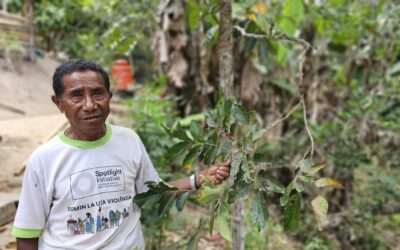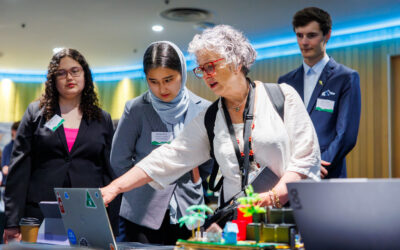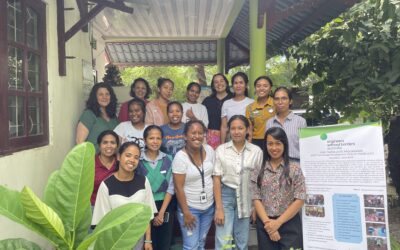Students
Amplify your degree, apply your burgeoning skills and gain valuable hands-on experience through volunteering with EWB.Volunteers are our world.
We would not be able to make a positive impact on the communities we serve without them – without you! As a student volunteer, a rewarding opportunity awaits – join us and be a part of achieving our vision.
You’ll learn more about the work we do and how we do it, add practical experience to your classroom theory, meet like-minded people, build a solid resume in readiness for graduation, and know your contribution is making a positive impact. There’s a number of ways that you can put your hand up.
University Chapter
Connect with your University Chapter to participate in events and volunteer projects.
National Office Placements
Throughout the year we offer opportunities for our EWB network to work alongside our National Office team – either at our office or remotely. It enables our committed volunteers to learn more about EWB’s work, support staff in the delivery of programs and initiatives, build our community, and further develop your individual capabilities in the sector.
Project Volunteering
Throughout the year EWB offers volunteering opportunities to work on specific project-based work – and you don’t need to be an engineer!
FAQ’S
What skills do I need to volunteer? Where will I be located? Seek the answers to your questions about volunteering at our national office.
School Outreach
Inspire F-12 students to explore a future in STEM by delivering workshops in the classroom.
EWB has clearly defined goals and strategies on how to achieve them. They carry out lots of meaningful work and have many great initiatives that benefit our society. Being a volunteer with such a well-regarded and well-run organisation is a huge positive. You know the time you spend with EWB on their initiatives is not wasted time, and it will have an impact. Volunteering with EWB has been an immensely valuable experience.
More opportunities
Alongside student volunteer opportunities, EWB Australia also offers a suite of university-integrated education and research programs, including the EWB University Challenge, Research Program and Humanitarian Design Summits. All tailored to facilitate student learning and immersion in human-centred design and sustainable development, through an engineering lens.
Stories of Volunteering
Announcing our 2025 EWB Challenge community partner – WaterAid Australia
Since 2009, Engineers Without Borders Australia (EWB Australia) has worked alongside communities in Timor-Leste to develop sustainable solutions to the unique social, economic, and environmental challenges they face. Through long-term partnerships and human-centred...
That’s a wrap for the 2024 EWB Challenge Showcase!
Each year, the EWB Challenge Showcase brings together top university student teams from across Australia and New Zealand, EWB staff, our community partner representatives, and industry. Students present the most innovative, community-centred design ideas developed in response to the EWB Challenge Design Brief, and all event participants celebrate a year of learning, focused work, and collaboration. This year’s EWB Challenge Showcase saw students, academics, judges, and EWB staff from across Australia, New Zealand and Cambodia travel to James Cook University’s Nguma-bada campus in far north Queensland to battle it out for the top spot.
This graduate program puts women engineers in the field and brings ‘feto’ to the front
In Timor-Leste, water is a woman’s problem. In rural and regional areas, water generally isn’t delivered into homes – women and children manually fetch water from the natural springs and carry the household’s water supply back home every morning. It’s heavy work and can take them quite far afield in an often rocky, mountainous region.
Although water is a woman’s responsibility, and the burden of poor water infrastructure becomes a woman’s problem, there aren’t many women engineers working in the water, sanitation and hygiene (WASH) sector.
Engineering continues to be a male-dominated industry, especially in a country like Timor-Leste, where traditional gender roles are still influential in dictating what people do for work. But a new program delivered by the Engineers Without Borders Australia (EWB) team in Timor-Leste seeks to change that.




